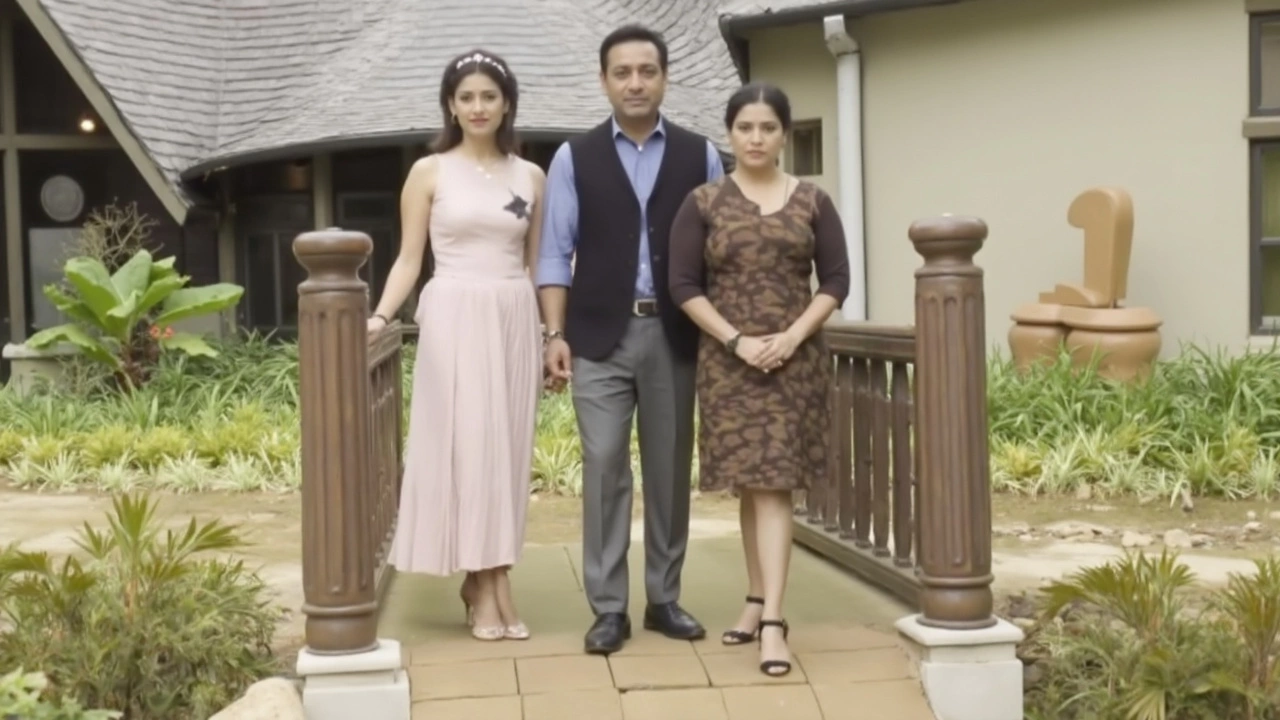Criminal Justice: What It Is and Why It Matters
When you hear the words "criminal justice," you’re really hearing a whole chain of processes—police work, courts, and prisons—all aimed at keeping society safe. It sounds simple, but each step can affect real lives in big ways. From the person who gets stopped on the street to the kid waiting for a trial, the system decides who gets help, who gets punished, and who might slip through the cracks.
In a progressive view, the goal isn’t just to catch bad actors; it’s to build a system that treats everyone fairly, reduces unnecessary incarceration, and tackles the root causes of crime. That means looking at things like poverty, education, mental health, and how we train officers. The better we get at these deeper issues, the less we have to rely on harsh punishments.
Common Challenges in the System
One big problem is the over‑reliance on jail time for low‑level offenses. A lot of people end up with criminal records for things that could be handled with fines or community service, and those records make it harder to find jobs or housing. Another issue is bias—studies keep showing that people of color face harsher police stops and longer sentences than white peers for the same actions.
Resources are also stretched thin. Courts pile up cases, public defenders are overloaded, and prisons often lack proper mental‑health care. When the system is busy, mistakes happen, and innocent people can get caught up in the process. All of these challenges add up, creating a cycle where communities lose trust in law enforcement and the courts.
Steps Toward Meaningful Reform
Reform starts with data. By tracking how arrests, sentences, and parole decisions differ across neighborhoods, policymakers can spot where bias creeps in and fix it. Programs like diversion courts let non‑violent offenders get treatment instead of jail time, which cuts recidivism and saves money.
Training is another key piece. Officers who learn de‑escalation tactics and cultural awareness are less likely to use force unnecessarily. Meanwhile, investing in education, job training, and mental‑health services helps address the conditions that often lead to crime in the first place.
Finally, giving people a voice matters. Community boards that include residents, advocates, and former inmates can help shape policies that actually work on the ground. When the public sees that the system listens, confidence starts to rebuild.
Criminal justice isn’t a static set of rules; it’s an evolving system that reflects our values. By focusing on fairness, transparency, and prevention, we can move toward a model that protects communities without crushing the lives of those who run into trouble. The effort takes time, but each small change adds up to a safer, more just society for everyone.
